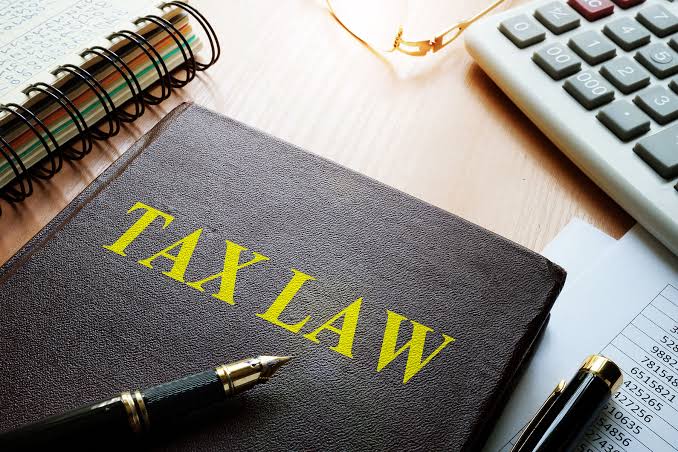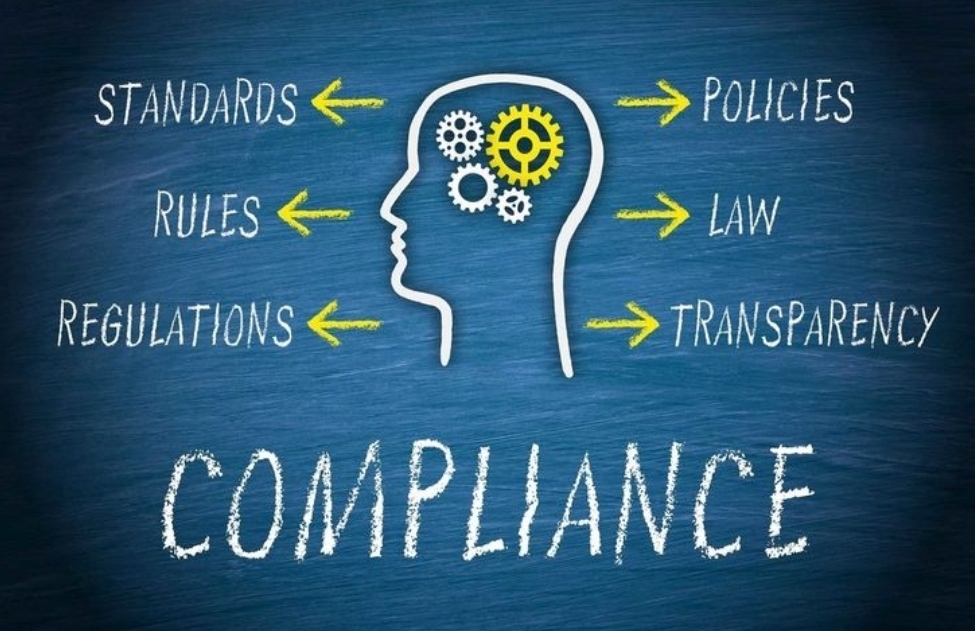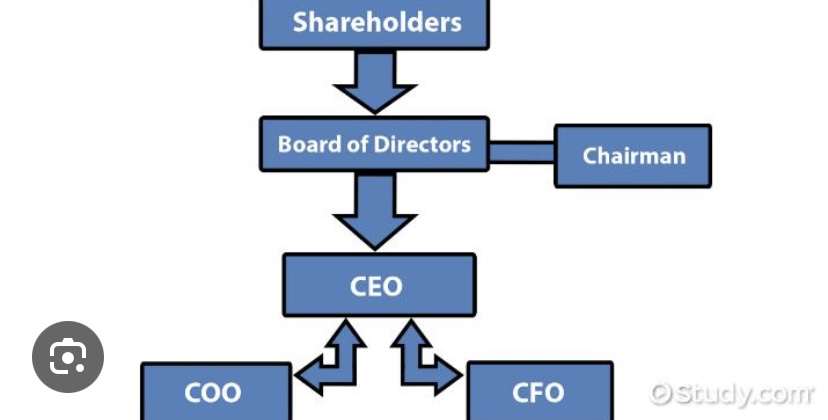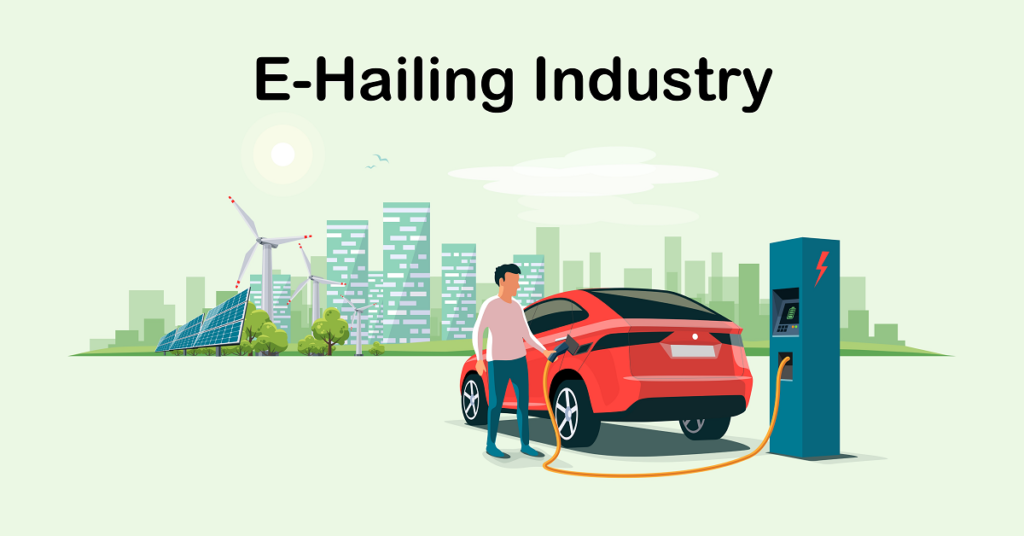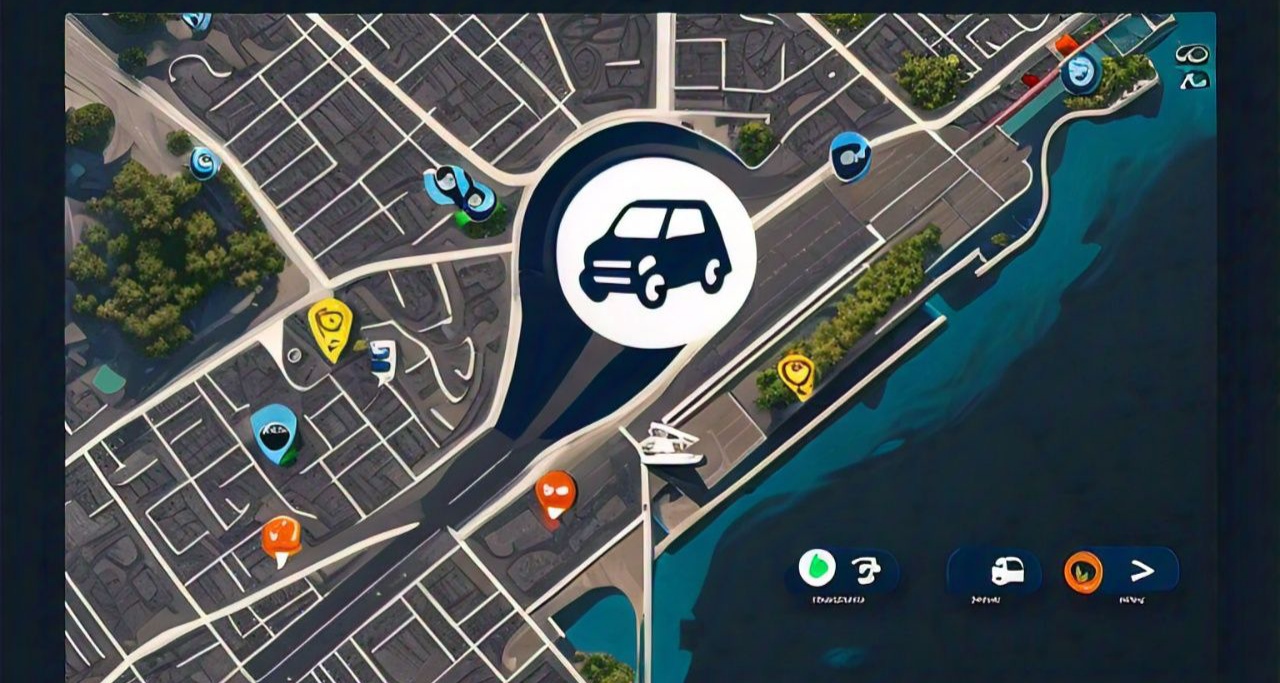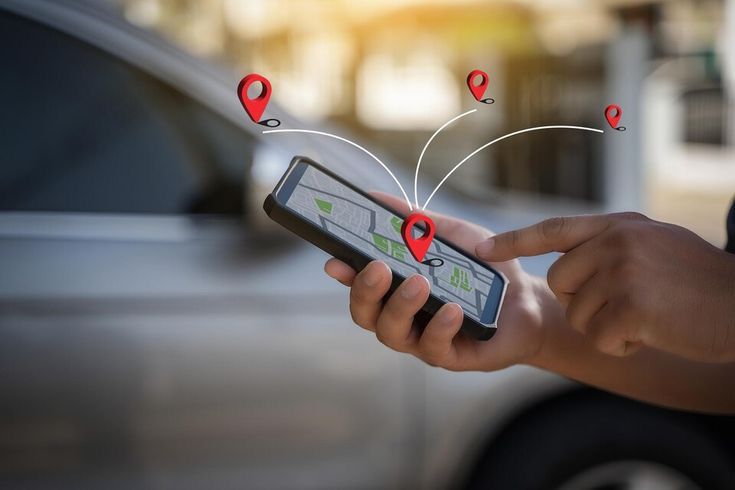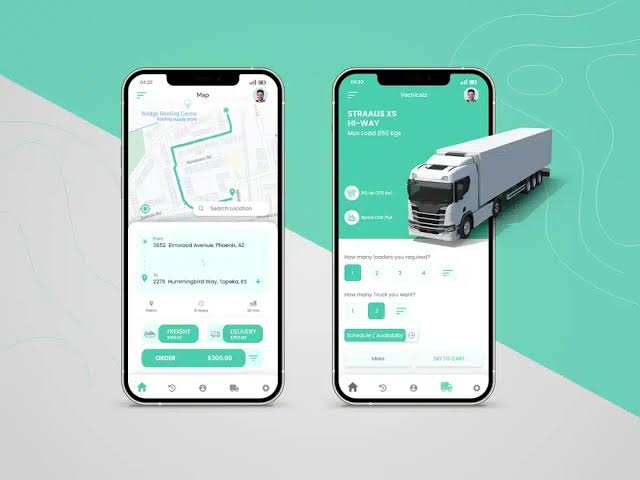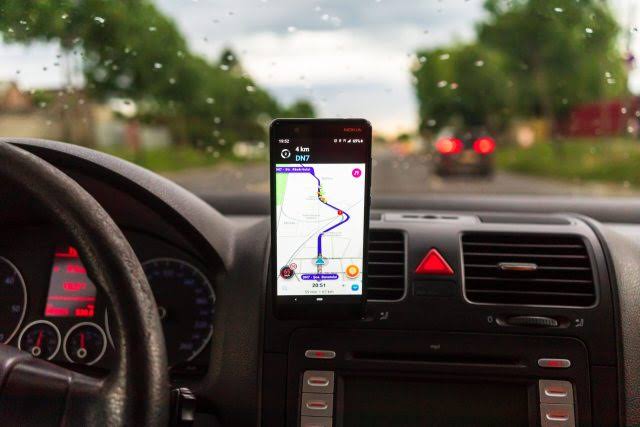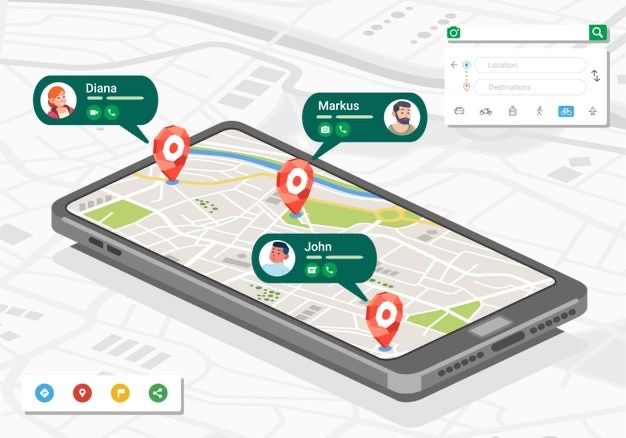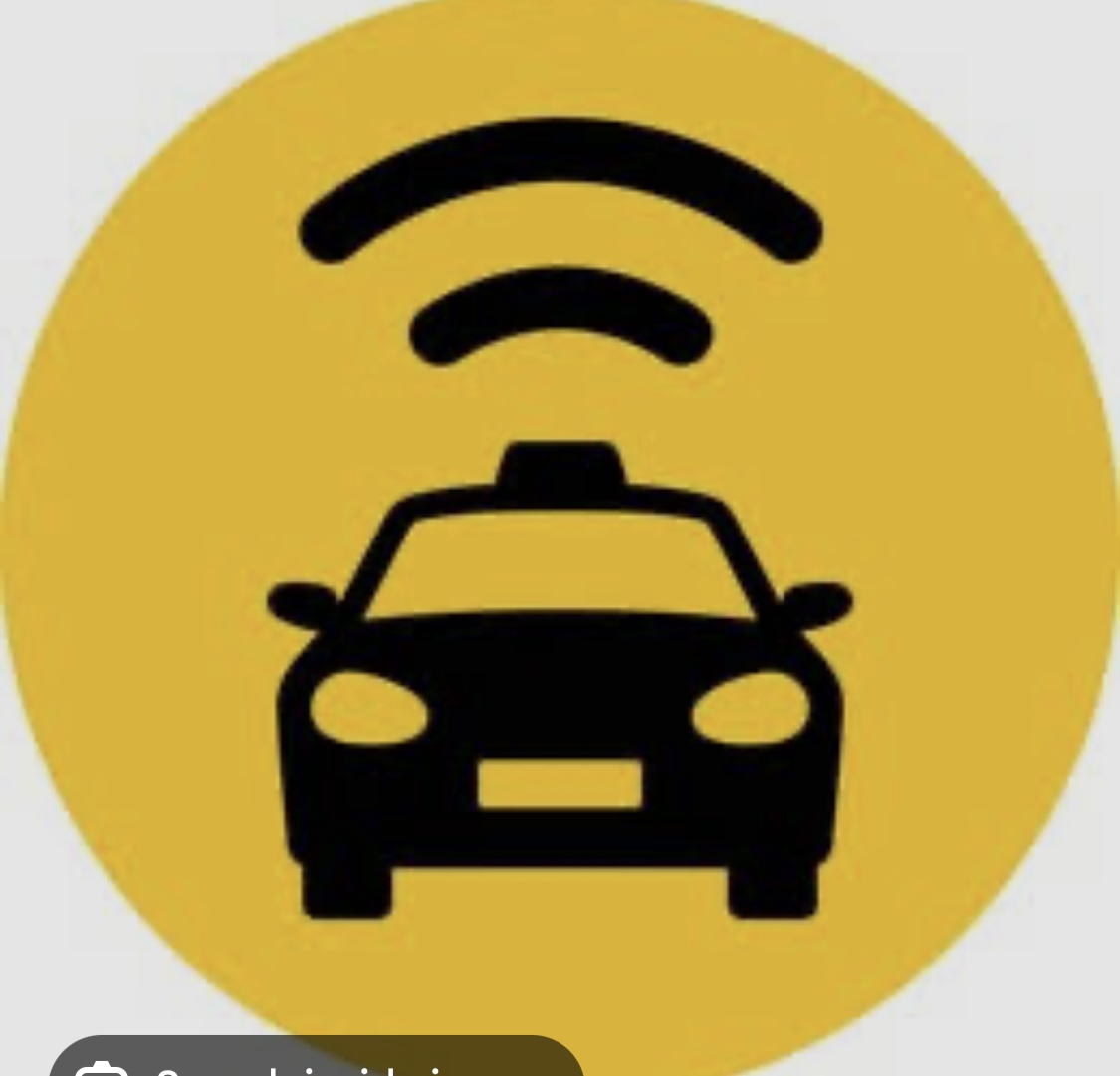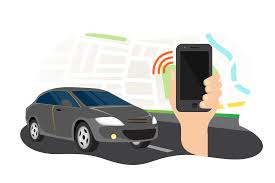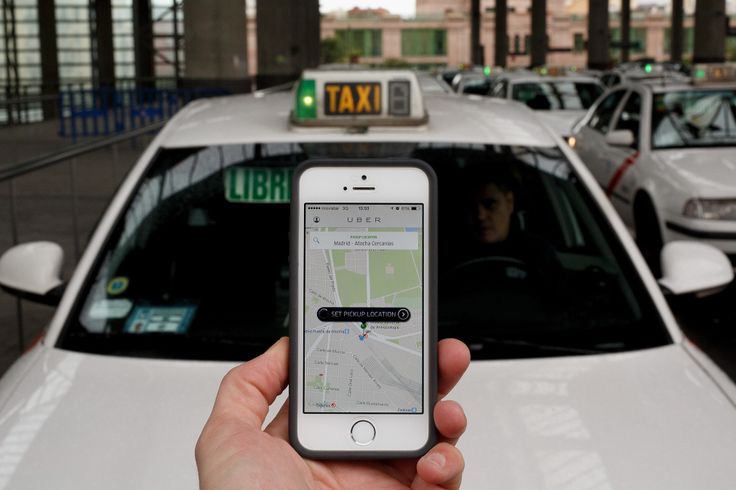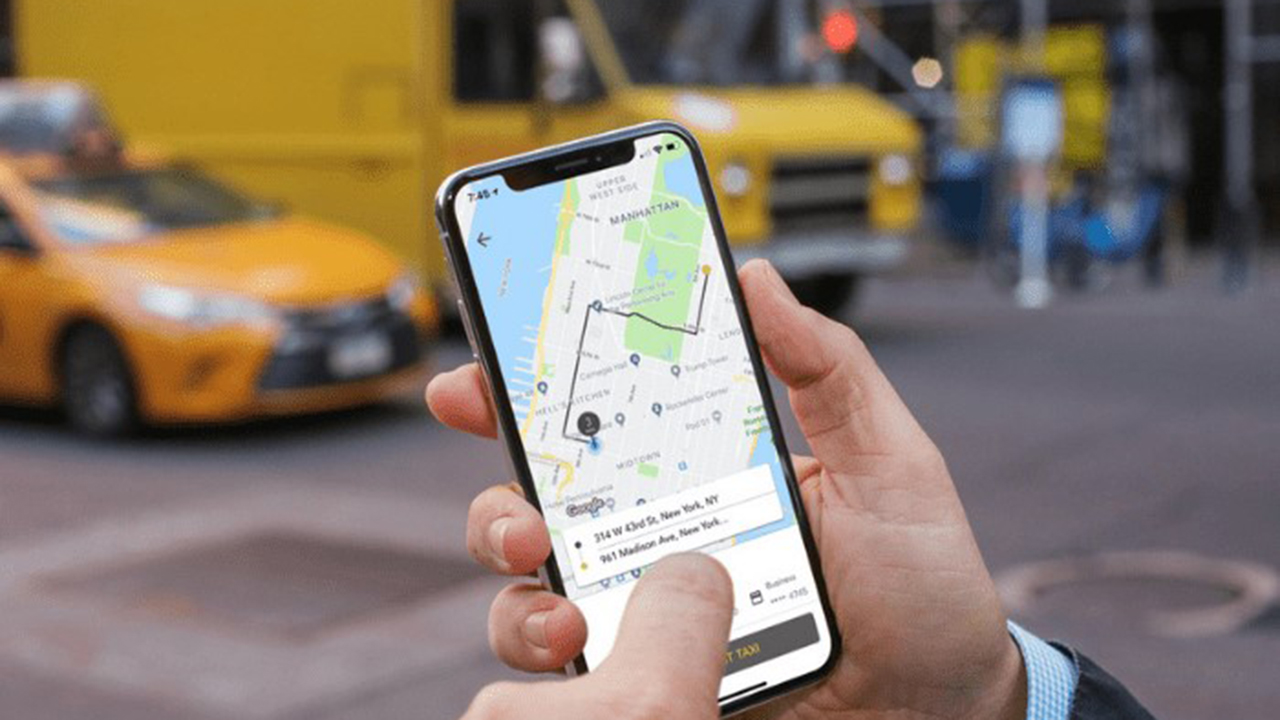
Research Question
A group of entrepreneurs in Nigeria plan to start a new ride hailing technology startup. They have developed a mobile app that connects passengers with drivers for transportation services. They are ready to register the startup and launch their platform. They have approached you and sought your legal advice on how they can successfully achieve their objective. Advise them appropriately.
1. What type of business structure is most suitable for an e-hailing tech startup in Nigeria
2. What specific legal requirements and regulations should the startup comply with
3. How can the startup protect its intellectual property, such as the mobile app and business model?
4. What are the potential challenges and risks associated with operating an e-hailing tech startup in Nigeria?
5. What are the necessary licenses and permits required to operate an e-hailing service in Nigeria?
Research Answer
1.Suitable Business Structure:
The most appropriate structure for a ride-hailing tech startup in Nigeria is a Private Limited Company (Ltd). This structure offers limited liability protection, meaning the personal assets of the entrepreneurs are protected from business liabilities. It also allows for easier fundraising and provides a formal corporate image, which can be beneficial for attracting investors and partnerships.
2. Legal Requirements and Regulations:
The startup must comply with several legal requirements and regulations, including:
- CAC Registration: The startup should be registered with the Corporate Affairs Commission (CAC). A Memorandum and Articles of Association (MEMART) should be prepared to outline the company’s objectives and rules.
- NITDA Compliance: As the startup deals with technology, it must comply with the National Information Technology Development Agency (NITDA) Act. This includes data protection regulations, ensuring proper handling of users' personal data under the Nigeria Data Protection Regulation (NDPR).
- Tax Registration: The company must register with the Federal Inland Revenue Service (FIRS) for tax purposes, including obtaining a Tax Identification Number (TIN) and complying with Value Added Tax (VAT) and corporate income tax requirements.
- Labour Laws: Adhere to Nigeria’s labour laws, including employee contracts, pensions, and employee rights under the National Industrial Court Act.
3. Protecting Intellectual Property:
The startup should:
- Patent the Mobile App: If there are unique technical solutions within the app, the startup may apply for a patent at the Patents and Designs Registry under the Commercial Law Department of the Federal Ministry of Industry, Trade, and Investment.
- Trademark the Brand: The startup should register its name, logo, and any unique slogans as trademarks with the Trademarks, Patents and Designs Registry.
- Copyright for Software: The software code, interface, and design elements of the app should be copyrighted to protect against unauthorized use or replication.
- Non-Disclosure Agreements (NDAs): Ensure employees, contractors, and partners sign NDAs to protect confidential business information.
4. Challenges and Risks:
- Regulatory Scrutiny: E-hailing services in Nigeria have faced heavy regulatory challenges from state governments, such as the requirement to comply with local laws for transportation services. Lagos State, for example, has stringent e-hailing regulations, including taxes and licensing fees.
- Competition: The startup will face stiff competition from established players such as Uber, Bolt, and local alternatives. This may require aggressive marketing and competitive pricing to gain market share.
- Security and Safety Concerns: Passenger safety is a major concern in Nigeria. The startup must invest in security features such as real-time tracking, driver verification, and a reliable customer support system to ensure trust.
- Operational Risks: Nigeria’s infrastructure challenges, including poor road networks and fuel scarcity, may affect operational efficiency.
- Data Privacy: Ensuring compliance with data protection laws and safeguarding user data from cyber threats is critical.
5. Licenses and Permits:
- Vehicle Operating License: Depending on the state, especially in places like Lagos, an e-hailing startup may need to obtain a specific operating license for each driver.
- Road Worthiness and Vehicle Insurance: All vehicles used on the platform must be roadworthy and have valid vehicle insurance.
- Driver Certification: Drivers may need to meet certain standards, such as obtaining a driver’s permit, roadworthiness certification, and adhering to background checks.
- State-Specific Requirements: Some states, like Lagos, impose additional requirements, such as the e-Hailing Operators License and fees related to vehicle and driver verification.
This advice will help ensure that the entrepreneurs can successfully navigate the regulatory landscape and protect their business assets while operating in Nigeria’s competitive ride-hailing market.




